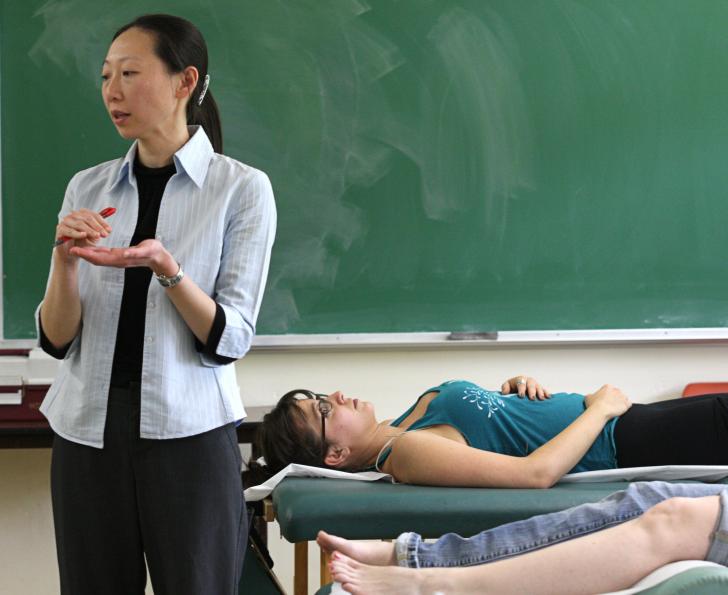4 Tips to Reduce Stress During Stress Awareness Month

Published
As April unfolds, Stress Awareness Month brings into focus the vital importance of prioritizing mental health. Understanding stress as not inherently negative is key; it often serves as a messenger, signaling underlying issues that require attention. Tuning into these signals enables us to recognize when action is needed, fostering resilience and self-care. In this blog post, discover four practical tips for effectively managing stress and nurturing a healthier mindset amidst life's challenges.
Practicing Gratitude:
Gratitude is a real mood shifter and it’s good for your health. It takes very little time to practice gratitude. Shifting your mindset with thoughts of gratitude improves your quality of life. It helps combat anxiety and depression because it helps you identify good things more easily. The human brain is wired to look for threats so many of us naturally gravitate toward the negative. Gratitude gives you additional areas of positive focus. It can help with many aspects of mental and physical health. Gratitude boosts immunity and overall health in some major ways such as lower blood pressure, less inflammation, and better-quality sleep. Start by becoming aware of when you feel thankful. You can begin and end each day with gratitude. Before you get out of bed, think of at least one thing you are grateful for on this day. When you go to bed, think of one thing that happened that you are thankful for. You can also keep a jar and each day write down anything you’re grateful for and put the paper in the jar, or a journal. Then, you can look through them on special occasions and see all of the good things that have happened to offer some perspective.
Establishing Healthy Routines:
Routines are great because they help us be more consistent and manage things like moods, stress, and even our relationships. Routines ground us so we gain a sense of control. Something as simple as having the same bedtime or going on a daily walk is centering. It can reduce our stress levels because we know what to count on. Routines help us develop healthy habits, such as starting the day with meditation or regular exercise time. Doing something good for yourself helps build confidence and reduces stress. There are times of the year when it’s easy to fall out of our routine, and other times when we need to change it up. You can think of your routine as a baseline or a place to come from that establishes stability. Be conscious about how you can adjust your routine in a way that centers you, empowers you to set boundaries where you need them, and essentially do more of what brings you joy.
Social Support System and Work-Life Balance:
Having a support network is critical. Talk with your friends, make time, even an hour to get together once a week in person if you can and over the phone if you can’t be together. You’ll gain perspective and get a break from other life areas.
Give yourself a break. 15 minutes can change the trajectory of a day, a week, or even a month. In those 15 minutes center yourself with meditation reading or just lying down and breathing. Also, consider limiting screen time. At work, take your lunch break. Do not eat at your desk. If you’re in an intense work environment, try to leave for lunch by eating outside or getting in your car and driving to a pretty place. Being surrounded by nature and nourishing yourself sends signals throughout your body that you are safe, and this helps calm your mind.
Counseling Services:
Most of us need behavioral health care at some point in our lives. If symptoms of stress, anxiety, depression, or major mood changes persist for more than a couple of weeks, it could be helpful to speak to a counselor. At Bastyr University Clinics we offer counseling appointments and telemedicine for $25 per session, so you can get the help you need at an affordable price.
About the Author
Sylvie Shuttleworth, PhD, Professor in the Department of Counseling and Health Psychology, Chair of the Counseling and Health Psychology Department, and Program Director and Director of Clinical Training of the Masters in Counseling Psychology Program.


